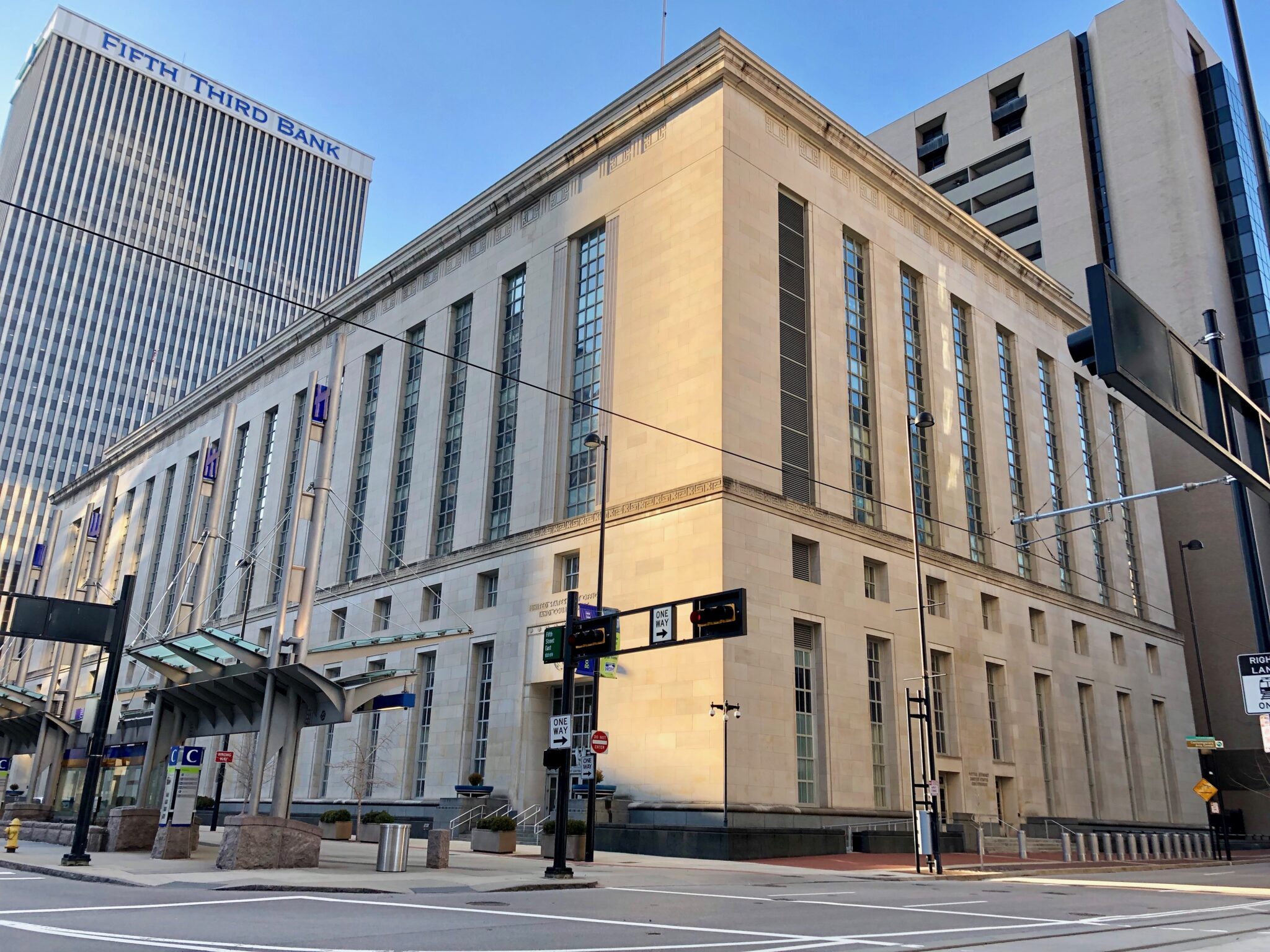
Greg Volynsky is a student at Harvard Law School.
In today’s News & Commentary, the Sixth Circuit hears oral arguments in a case challenging the authority of the Occupational Safety and Health Administration, U.S. labor board prosecutors accuse Starbucks of refusing to bargain in good faith with 144 unionized cafés, YouTube Music contract workers unionize, and Lyft lays off more than a quarter of its workforce.
On Thursday, the U.S. Court of Appeals for the Sixth Circuit heard oral arguments to determine whether the Occupational Safety and Health Act (OSH Act) of 1970 granted the Occupational Safety and Health Administration (OSHA) too much authority. The case could undermine the legality of hundreds of OSHA workplace safety requirements, affecting regulations that have been in place for 50 years. Allstates Refractory Contractors LLC challenged the OSHA safety rules, arguing that the OSH Act’s requirement that rules be “reasonably necessary or appropriate to provide safe or healthful employment and places of employment” is too vague. OSHA contends that more than five decades of court decisions back the agency’s rulemaking authority, emphasizing that before implementing any permanent health or safety standards, the agency is required to identify significant risks that can be mitigated through changes in practices and determine that new standards are both economically and technologically viable. The case comes one year after the U.S. Supreme Court dramatically escalated its war against the administrative state.
On Wednesday, U.S. labor board prosecutors accused Starbucks of refusing to bargain in good faith with 144 unionized cafes, including the first two cafes to unionize with Starbucks Workers United. The coffee chain is accused of insisting on unacceptable proposals and undermining the union’s representatives. In response, Starbucks claims the union has delayed progress towards first contracts. Starbucks Workers United has won elections at 300 of the company’s 9,000 corporate-run US cafes, but none have secured a collective bargaining agreement with the company.
Also on Wednesday, YouTube Music contract workers voted to join the Alphabet Workers Union-Communications Workers of America (AWU-CWA), with 41 out of 49 eligible workers voting in favor and zero against. The workers, employed by subcontractor Cognizant, are responsible for ensuring music content is available. The union said some workers earn $19 per hour with minimal benefits, and that workers faced union-busting efforts. The National Labor Relations Board ruled in March that Alphabet is a legal employer of the contract workers and must bargain with them following successful election.
On Thursday, Lyft laid off 1,072 employees, more than a quarter of its workforce. The layoffs have been expected for months.






Daily News & Commentary
Start your day with our roundup of the latest labor developments. See all
January 29
Texas pauses H-1B hiring; NLRB General Counsel announces new procedures and priorities; Fourth Circuit rejects a teacher's challenge to pronoun policies.
January 28
Over 15,000 New York City nurses continue to strike with support from Mayor Mamdani; a judge grants a preliminary injunction that prevents DHS from ending family reunification parole programs for thousands of family members of U.S. citizens and green-card holders; and decisions in SDNY address whether employees may receive accommodations for telework due to potential exposure to COVID-19 when essential functions cannot be completed at home.
January 27
NYC's new delivery-app tipping law takes effect; 31,000 Kaiser Permanente nurses and healthcare workers go on strike; the NJ Appellate Division revives Atlantic City casino workers’ lawsuit challenging the state’s casino smoking exemption.
January 26
Unions mourn Alex Pretti, EEOC concentrates power, courts decide reach of EFAA.
January 25
Uber and Lyft face class actions against “women preference” matching, Virginia home healthcare workers push for a collective bargaining bill, and the NLRB launches a new intake protocol.
January 22
Hyundai’s labor union warns against the introduction of humanoid robots; Oregon and California trades unions take different paths to advocate for union jobs.